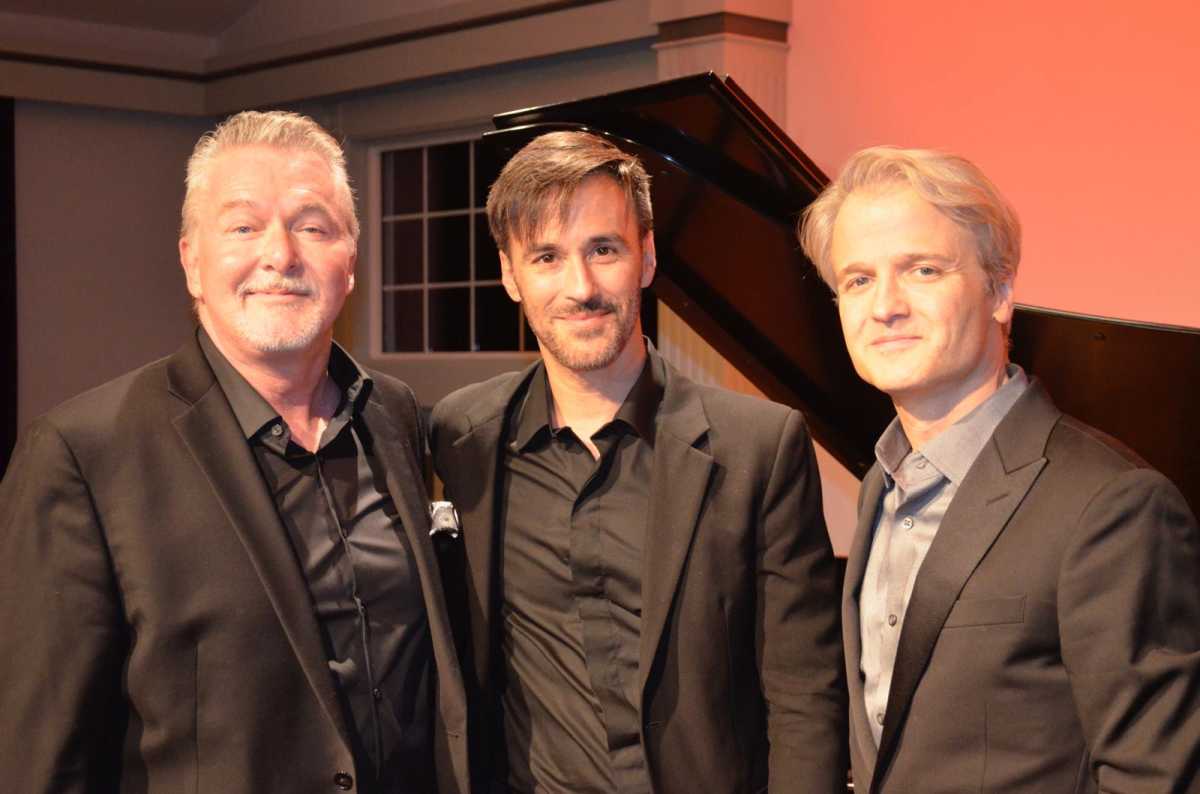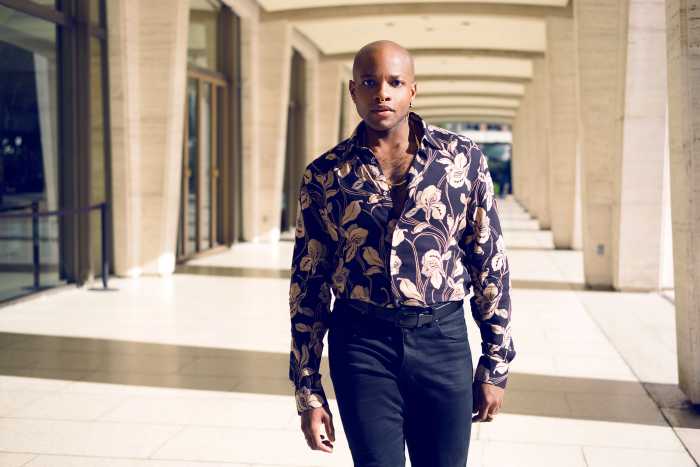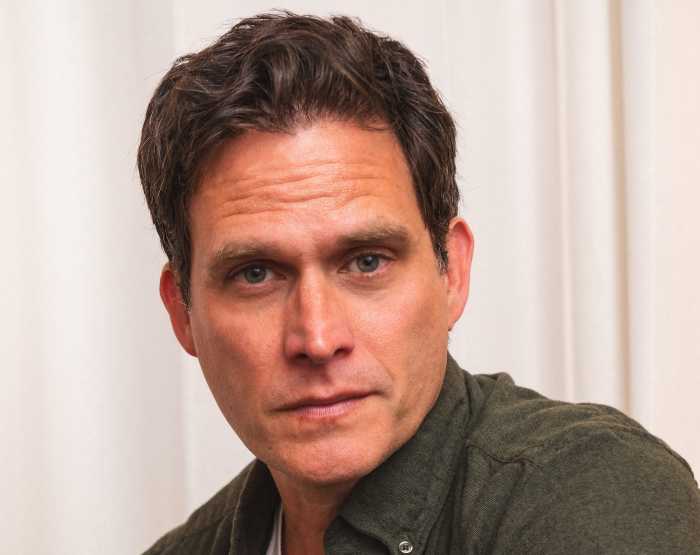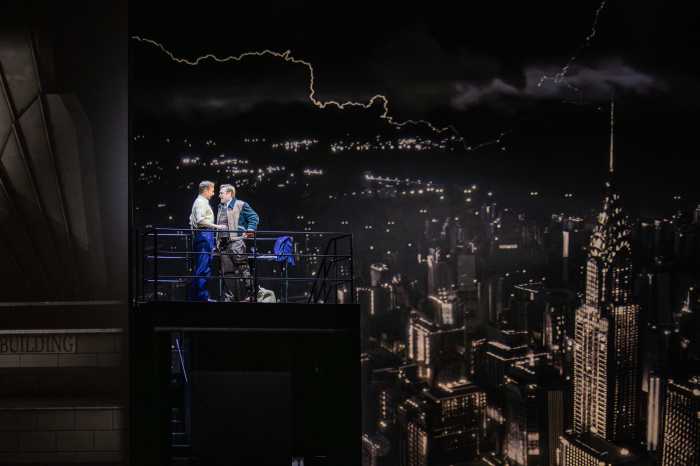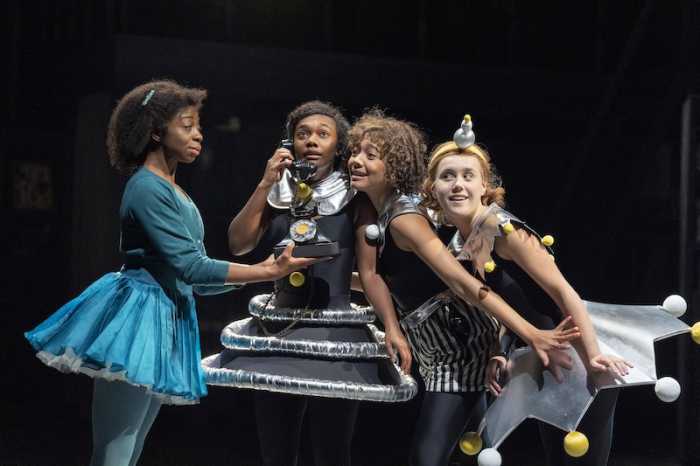The cabaret scene in Manhattan has a storied history stretching back nearly 125 years. From tiny boites to large hotel venues, from Café Society to The Carlyle, this enduring entertainment form has launched careers, given a chance for intimate connection to stars (think Elaine Stritch at The Carlyle for many years), and been a defining feature of the city’s entertainment landscape.
The “golden age” of cabaret came after World War II, and while the rise of television and other “new” entertainment siphoned off audiences, in the 1980s and 1990s there was a resurgence, and there were any number of places where Broadway stars, supporting players, or hopefuls could entertain the after-hours cognoscenti (think Ginger Rogers and Ann Miller in “Stage Door”). Cabaret shows have been defined for years by the so-called Great American Songbook, but there are new standards being added regularly by Broadway’s relative newcomers, Jason Robert Brown and Tom Kitt, along with long-time favorites Maltby & Shire and Stephen Sondheim.
A great cabaret show can be a great night out, and even if the number of Manhattan venues has decreased in recent years, the appetite from the public is still undiminished, as evidenced by a packed house at the Triad Theater on April 19, where Michael Ferreri’s new show, “Three Men and a Baby Grand,” had its New York premiere.
Ferreri, an international cabaret star for many years, has amassed an enthusiastic following over that time. Known for his deft technicality on the keys and musicality, fascinating arrangements, charm, and wit, Ferreri has the unique ability of the best cabaret stars to both fill the room and let the audience feel almost as if they’re in a private tête-à-tête with the performer.
Of course, this show isn’t a private affair, and the titular two men in the show are John Carden and Tony Oakley. They’re both accomplished singers in terms of technique and the ability to put over a song — absolutely essential in this type of show. Particularly with a song outside its usual context of, say, a Broadway show, making each song a story or event is critical to the success of an evening. Carden, a lyrical tenor, and Oakley, a booming (at times) baritone, are well-matched, particularly in the duets, including “Agony” from “Into the Woods” and “You’re Nothing Without Me” from “City of Angels,” which were both hilarious. They’re great solo performers, as well, with Carden beautifully singing “I Miss the Mountains” from “Next to Normal” and Oakley delivering an emotional (but not sentimental) “It All Fades Away” from “Bridges of Madison County.” Ferreri delivered the classic Sondheim song “Another Hundred People” from “Company,” which seemed like a perfect description of life in New York 55 years ago…and still does today.
Ferreri gives this classic a perfect sense of manic irony any denizen of a city can relate to. The three men join forces for a couple of songs at the beginning and end, hilarious and exhilarating. That’s one of the elements of an excellent cabaret show: the audience can have a full range of emotional experiences in three-to-four-minute increments, swinging from laughter to tears in the space of an eighth note.
Cabaret has made another important contribution to our musical culture. Songs that were featured in shows that flopped have been rescued from obscurity by cabaret artists. Even after the shows have long been forgotten, the songs continue to be sung. “Anyone Can Whistle” was Stephen Sondheim’s second Broadway show for which he wrote music and lyrics (after “A Funny Thing Happened on the Way to the Forum”). It lasted 12 previews and nine performances, but the title song is familiar and beloved by fans. Ferreri recounts playing it for Sondheim, who said it was the favorite song he wrote — one of the inside stories you only get in a show like this. Ferreri’s rendition is heartfelt and definitive, which is saying a lot because Angela Lansbury introduced the song in 1964.
The show included other “rescued” songs. “Best Worst Mistake” from the absolutely forgettable show “If/Then,” becomes memorable when sung by Carden and Oakley as a celebration of a long-term, gay relationship. Likewise songs from “Honeymoon in Vegas,” “The Wild Party” and “Closer than Ever” get hearings — and performances — that showcase what engaging, moving, and entertaining songs they are.
In addition to world class talent, cabaret in New York City has one other advantage: you can probably afford it. When an orchestra ticket to “Good Night and Good Luck” can set you back nearly a grand, most cabaret spaces have cover charges ranging from $25 to $40 and a two-drink minimum. (You’ll pay more at formal rooms like 54 Below or The Carlyle.) Check out spaces like The Triad, Don’t Tell Mama, and Birdland for some exceptional shows well worth your time and money.

